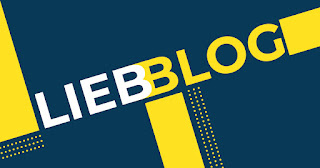On March 16, 2023, just two days after GPT-4's big release, the Copyright Office is getting into the AI game by addressing "the use of sophisticated artificial intelligence (“AI”) technologies capable of producing expressive material" in its Official Statement of Policy published in the Federal Register.
To begin, the Statement of Policy asks the following questions with respect to Generative AI:
- whether the material they produce is protected by copyright?
- whether works consisting of both human-authored and AI-generated material may be registered?
- what information should be provided to the Office by applicants seeking to register them?
The Copyright Office, then, answers these question through the guise of the Copyright Act's "human authorship requirement," which is found in the definition of the term "author," as set forth by SCOTUS in the case "Burrow-Giles Lithographic Co. v. Sarony" to mean “he to whom anything owes its origin; originator; maker; one who completes a work of science or literature.”
Thereafter, the Copyright Office posits that "when an AI technology receives solely a prompt from a human and produces complex written, visual, or musical works in response, the 'traditional elements of authorship' are determined and executed by the technology—not the human user." Stated otherwise, "[w]hen an AI technology determines the expressive elements of its output, the generated material is not the product of human authorship." In these scenarios, no copyright is available.
However, where a human "select[s] or arrange[s] AI-generated material in a sufficiently creative way," copyright is available. Additional, if the AI-generated material is modified, then a copyright is available.
With respect to the information to be provided to the copyright office, the Statement of Policy explains that the "Author Created" field from the "Standard Application" to explicitly "claim the portions of the textual work that is human-authored."
Finally, the Copyright Office leaves us with a teaser for later in the year when it will seek public comment later this year on "how the law should apply to the use of copyrighted works in AI training and the resulting treatment of outputs."


